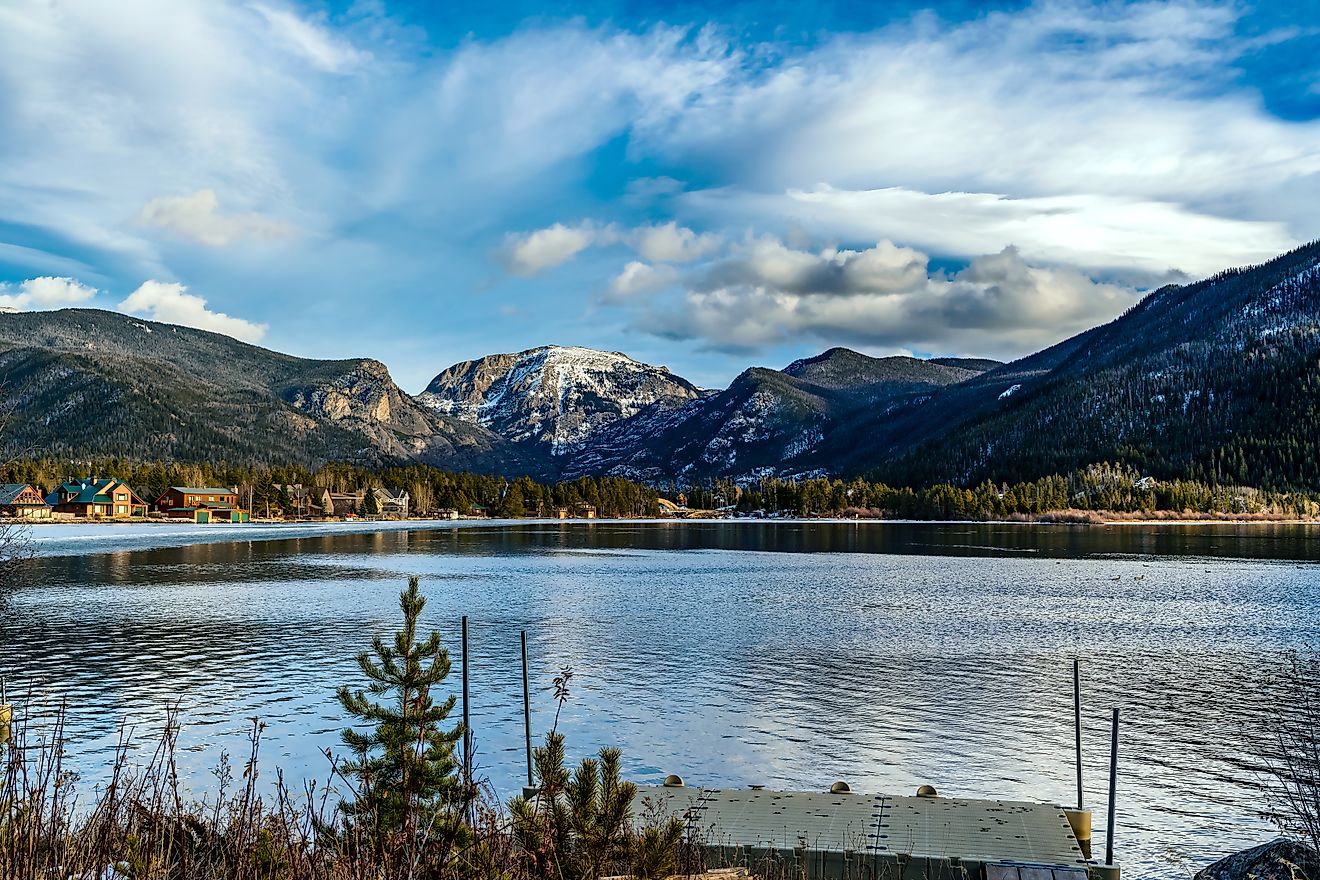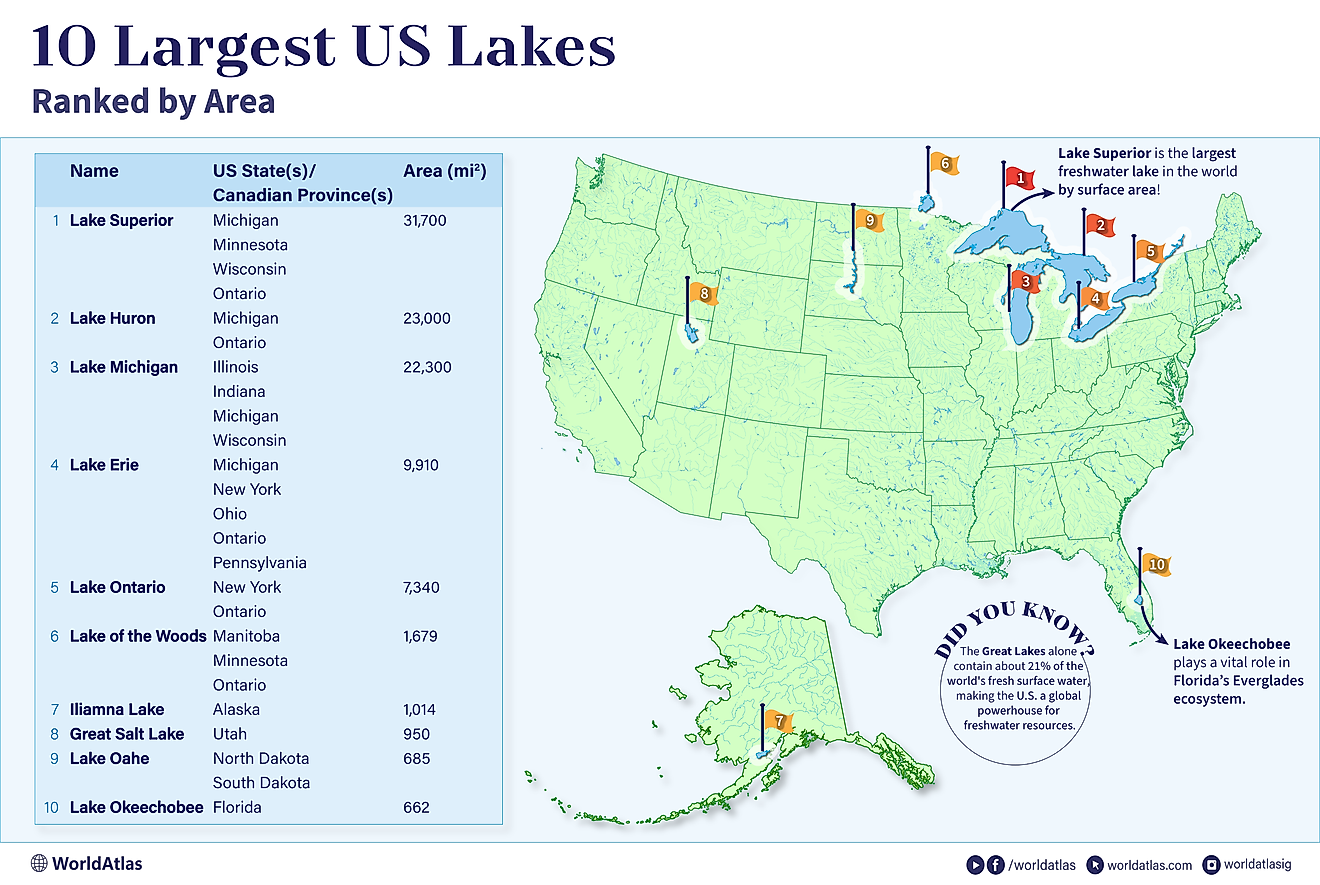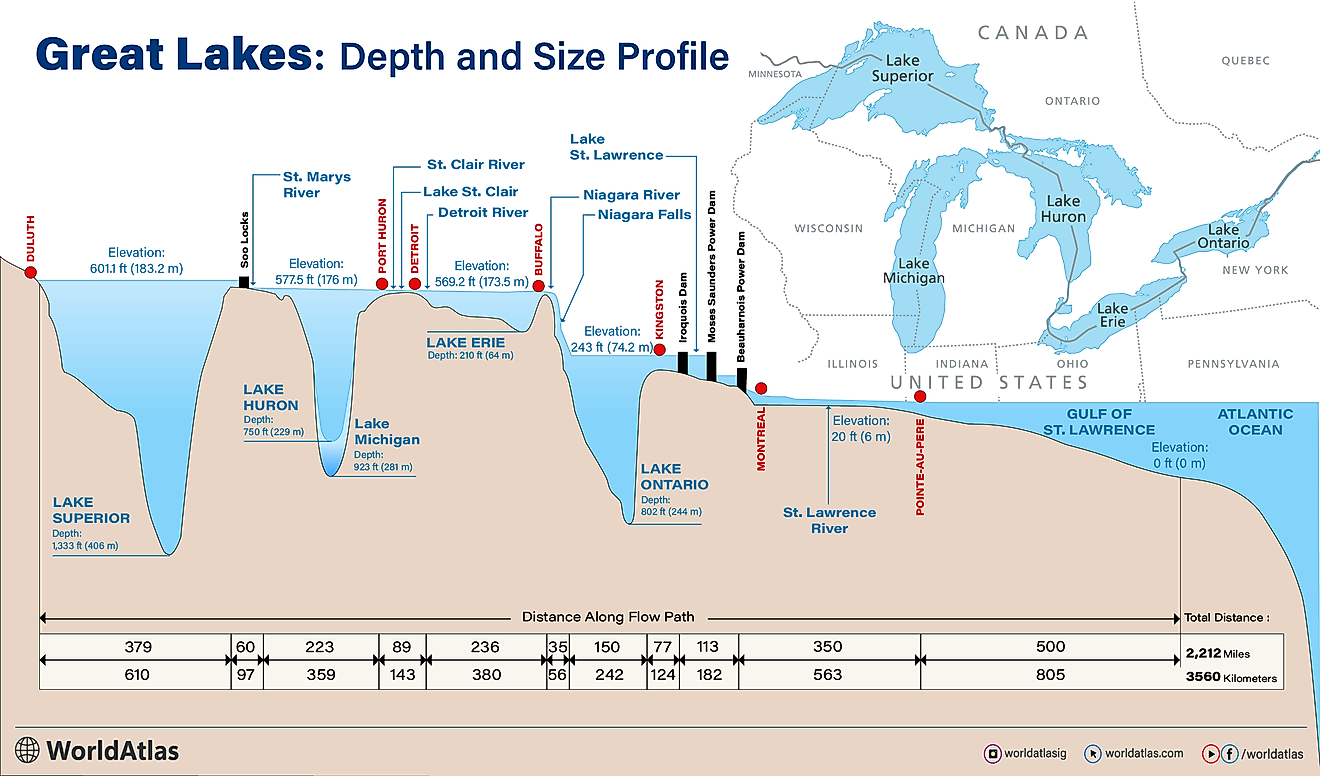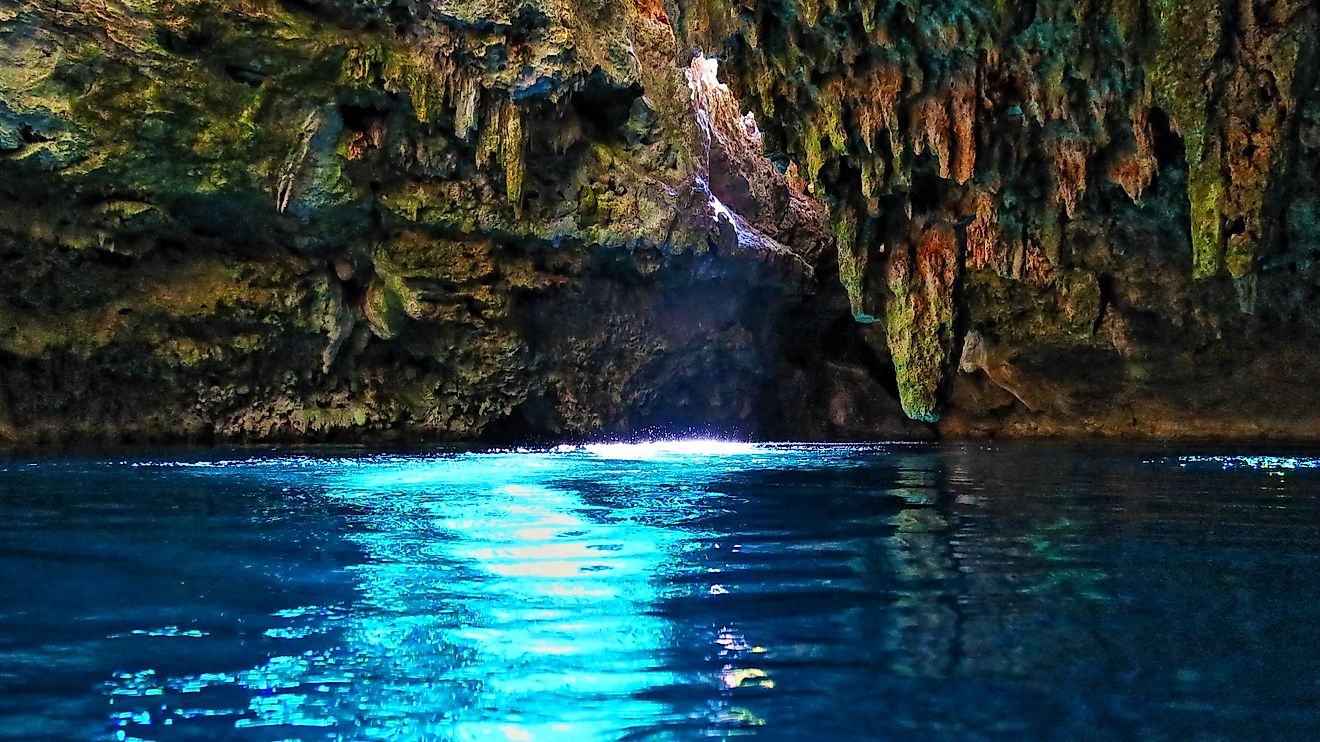
Wilson Lake, Kansas
Wilson Lake is a reservoir spread across the Russel and Lincoln Counties in the central portion of the US State of Kansas. The reservoir is situated approximately 370 km from Kansas City, Kansas, 777 km from St. Louis, Missouri, and 270 km from the state capital Topeka. Constructed and managed by the US Army Corps of Engineers, Wilson Lake is mainly used to control floods, wildlife preservation, and recreational purposes.
Geography Of Wilson Lake

Wilson Lake is situated in the Smoky Hills section of the Great Plains, at an elevation of 462 meters. The Wilson Lake reservoir is impounded by the Wilson Dam and is fed primarily by its tributary, the Saline River. Some other smaller tributaries, including Elm Creek and Hell Creek, also flow into Wilson Lake. Wilson Lake covers an area of 36.60 sq. km, has a length of 39km, and reaches a maximum depth of 20m. With approximately 160 km of shoreline, the lake has a maximum volume of 299,154,000 cubic meters. The lake can be accessed and seen via Kansas Highway 232, along its eastern shore.
History Of Wilson Lake
The Wilson Lake was built in 1961 as a part of the Kansas Wilson Dam. The project was initially approved by the US Bureau of Reclamation (USBR). However, the Saline River's salinity made it unsuitable for irrigation. The USBR then gave control of the lake over to the US Army Corps of Engineers (USACE), who went on to build the reservoir and have maintained it since. The USACE works together with the Kansas Department of Wildlife, Parks, and Tourism (KDWP) to maintain the area around the lake.
Ecology And Recreation In Wilson Lake

Several fish species are found in Wilson Lake, including crappie, smallmouth bass, black bass, channel catfish, striped bass, etc. The surrounding area also hosts many faunal species, including rabbits, turkeys, ducks, prairie chickens, and deer. Wilson Lake is surrounded by four parks: Lucas Park, Minooka Park, Sylvan Park, and Wilson State Park. The Wilson Lake area is also known for the Rocktown Natural Area, characterized by its sandstone pillars.











